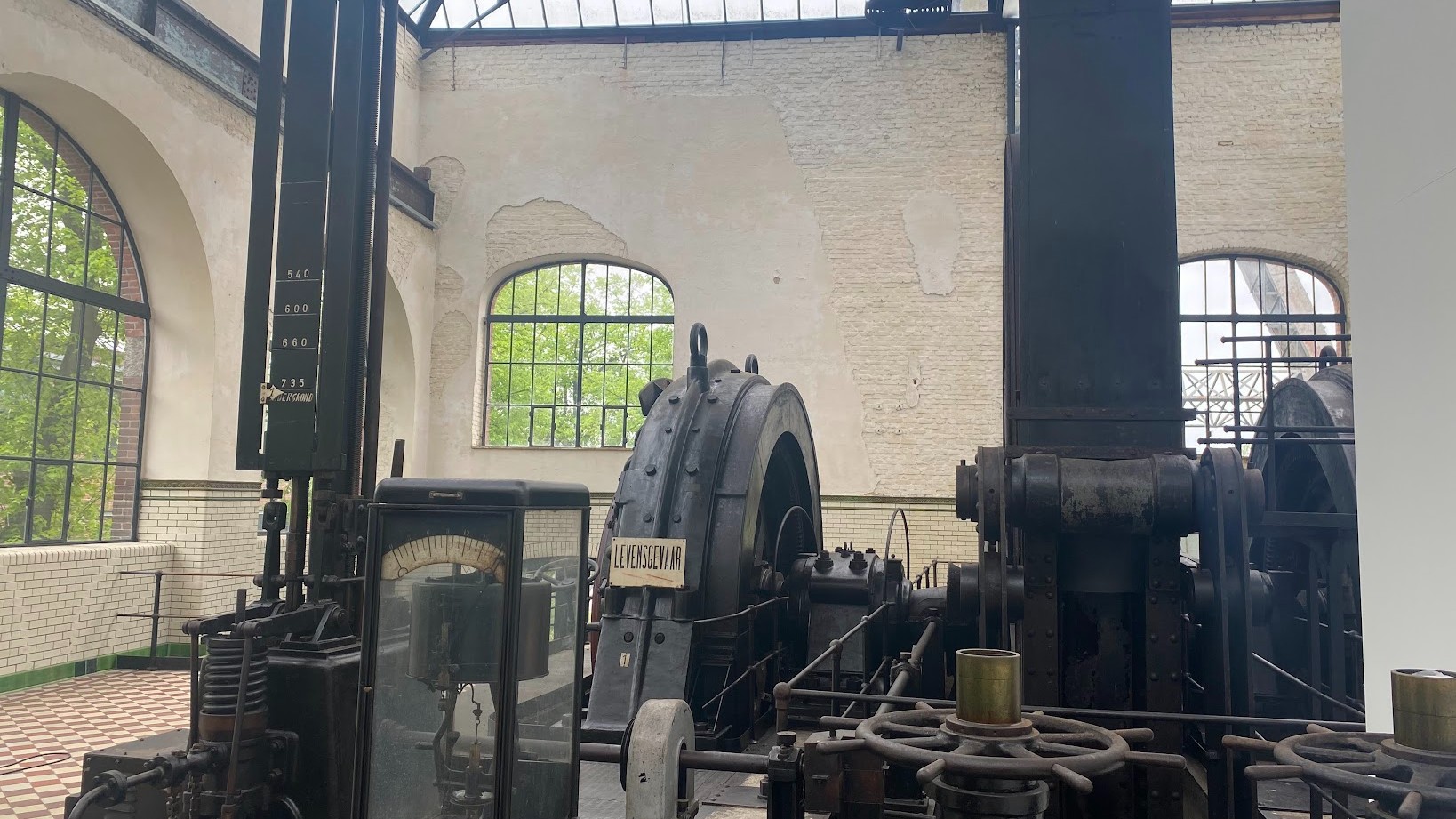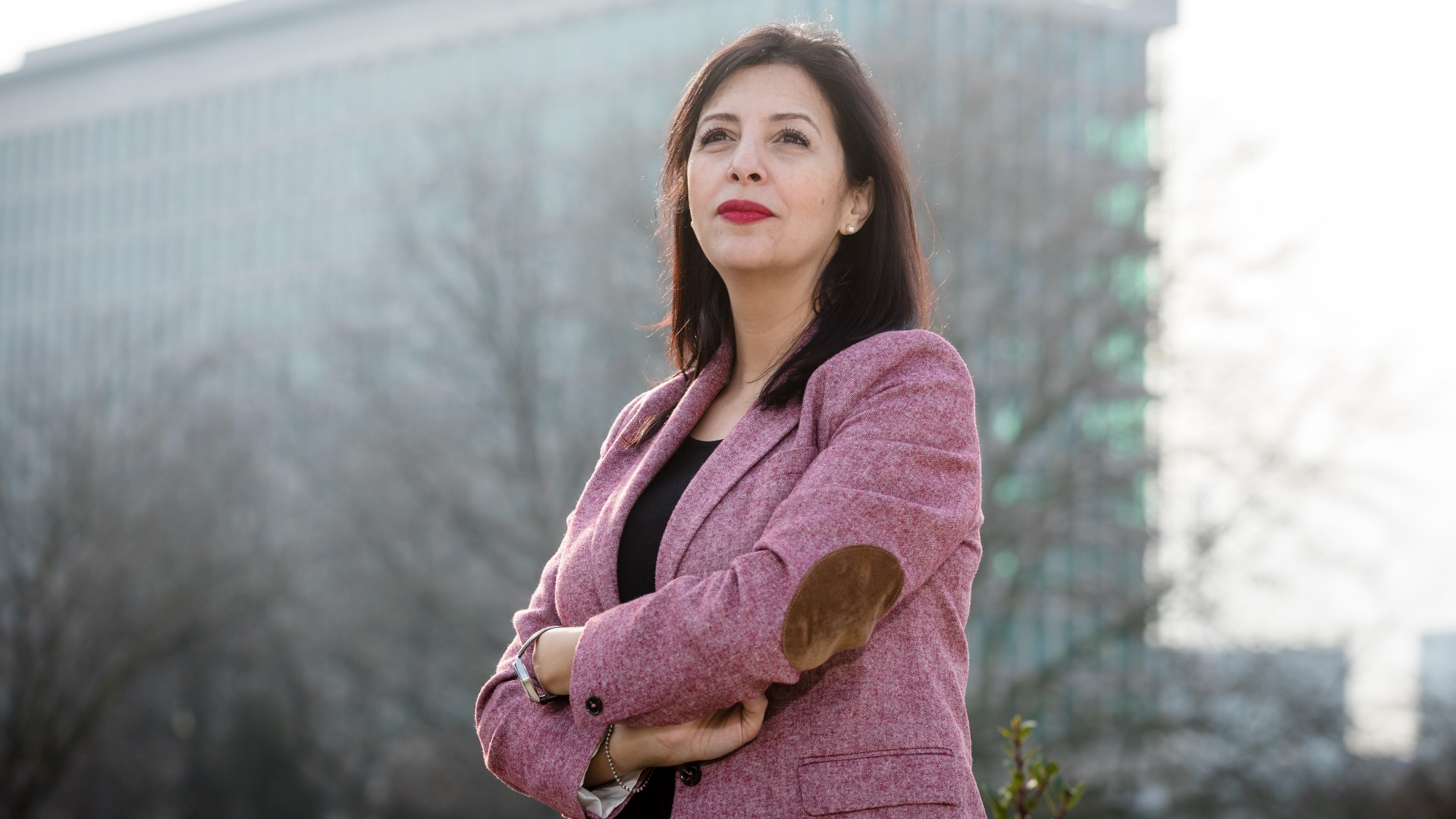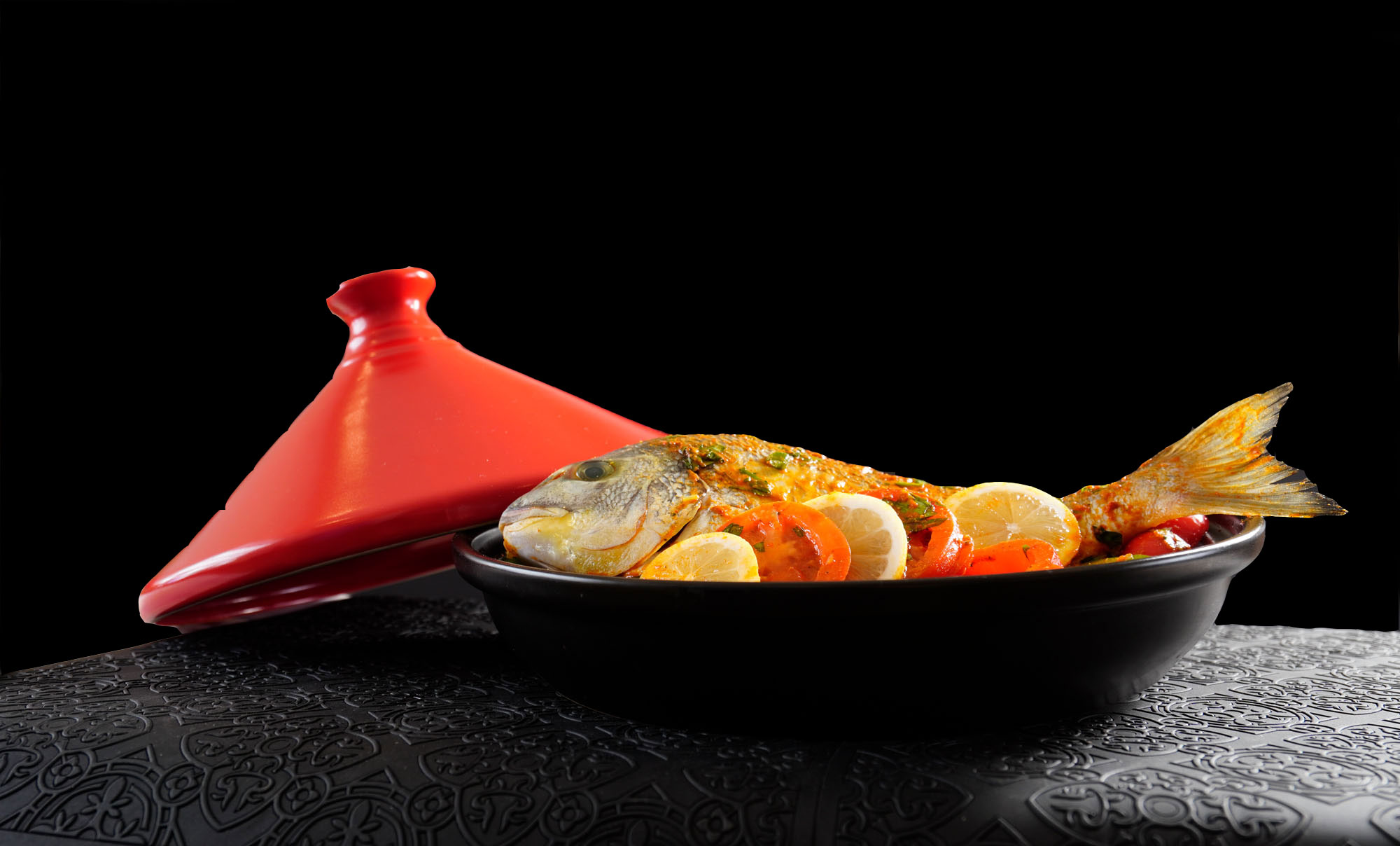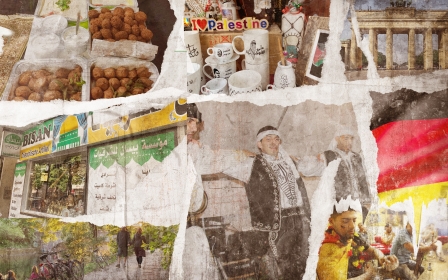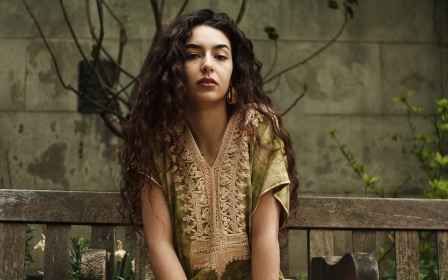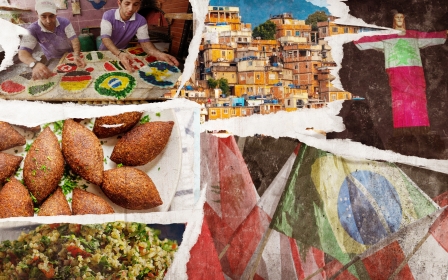How the Moroccan community helped shape Belgium and build its infrastructure
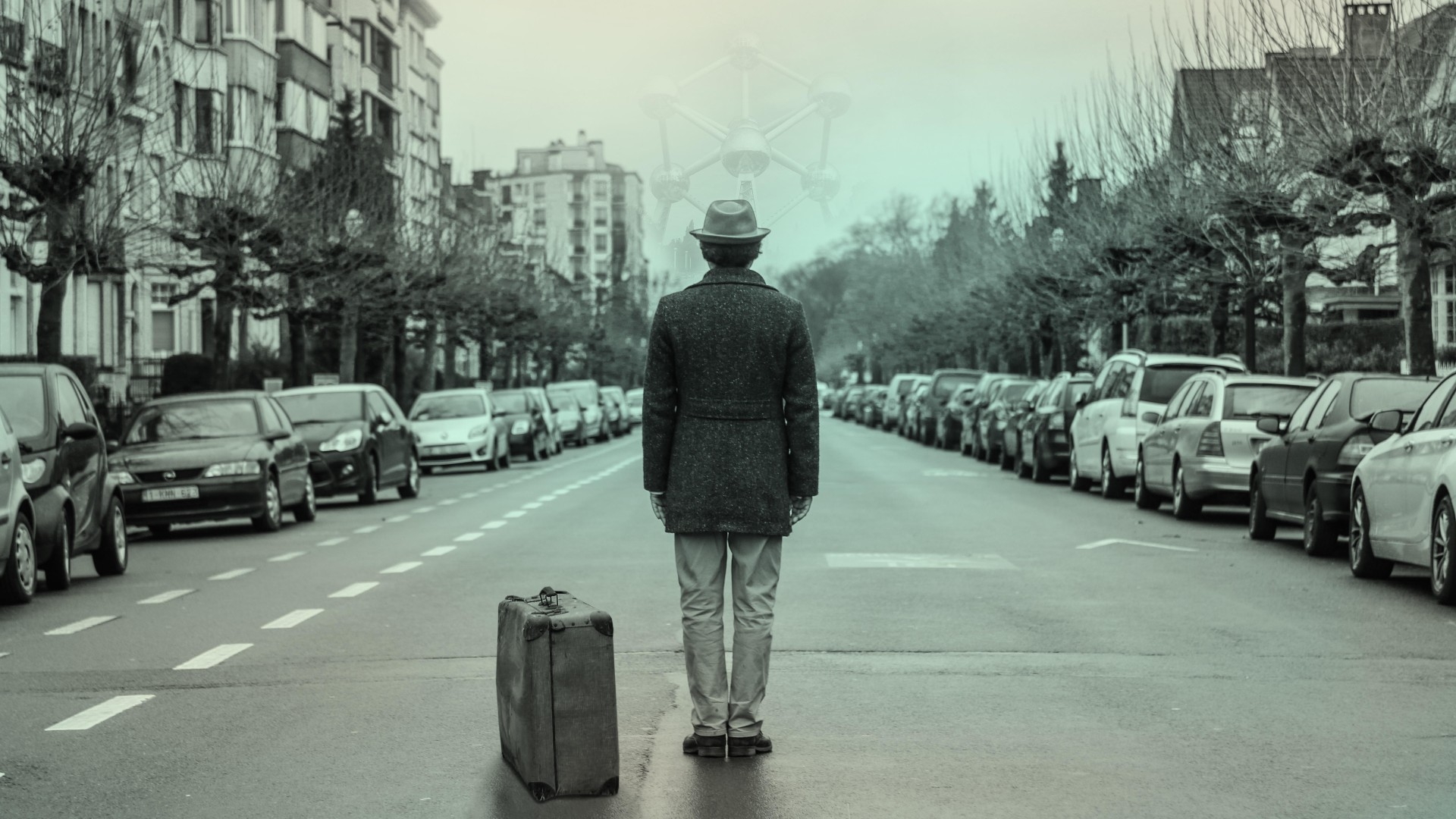
Bachir M'rabet was a newborn when his father, a weaver from Tangier, received an offer to work in the textile sector in Belgium.
Despite his wife's reservations, M'rabet's father left Morocco in 1966 with the goal of earning as much as possible and returning to his home country after a few years. However, things did not go as planned.
A year later, an infant M'rabet and his mother and siblings joined the family patriarch in the Belgian capital Brussels.
His parents were part of a generation of Moroccan workers recruited by Belgium in the 1960s to make up for labour shortages in industries such as mining, steel, manufacturing and construction.
“I don’t believe any Moroccan migrated to Belgium with the notion that it would be a permanent move," the younger M'rabet tells Middle East Eye.
New MEE newsletter: Jerusalem Dispatch
Sign up to get the latest insights and analysis on Israel-Palestine, alongside Turkey Unpacked and other MEE newsletters
Today, there are around 600,000 people with Moroccan heritage in Belgium, with the community accounting for almost one in every five people in Brussels alone, according to figures from the Migration Museum.
Initially, the community was made up of male workers, but in time, like the M'rabet family's example, women and children joined them, leading to the growth of the Moroccan community which is today the largest minority in the country.
Despite the dramatic change in environment, initially at least, they were "warmly welcomed" by the local Belgian population, M'rabet says.
“It was cold and the winters were harsh. We left behind the Mediterranean blue sky and arrived in the darkness.
“We were kind of an attraction, an exotic sight in the neighbourhood. Locals used to invite my father for coffee, they would touch his hair,” M'rabet recalls.
Overcoming challenges
Many other Moroccans arrived in the 60s and despite the friendliness of some locals, it was not always smooth sailing.
The 1980s witnessed a rise in unemployment and increased anti-foreign sentiment.
"In those years, there was a noticeable presence of racism," M'rabet recalls. "An extreme right discourse that we had forgotten since WWII resurged."
'While being Belgian, I don't forget my Moroccan roots. I won't forget that my parents gave up everything to give us a chance for a better life'
- Bachir M'rabet, Moroccan living in Belgium
Discrimination became more prevalent, with landlords refusing to rent to non-Belgians and establishments denying entry to foreigners, particularly Arabs and Blacks. "The most common reproach was that foreigners came to steal our jobs and our women,” M'rabet continues.
The situation worsened following 9/11 and the 2016 Brussels attacks in the metro and the airport that killed 32 people.
In the early days of their move to Belgium, the M'rabet family lived in financially austere conditions.
“There was no bath or shower. We did the laundry by hand or washed in public baths," M'rabet recalls.
In school, his limited French language skills also made things difficult, but he was determined to help others.
Eventually, he started working for Foyer, an organisation created in 1969 to offer activities for the children of migrant workers.
According to M'rabet, the Belgian population does not consider people of Maghrebi origin as Belgians, nor are they fully accepted as such. "It is something that can be felt in the way they look at us, in daily life."
Today, M'rabet is a coordinator at the community centre in Molenbeek, one of the poorest Belgian municipalities.
In his role, he encourages youngsters with foreign roots to embrace their Belgian identity, as Belgium is their country.
"While being Belgian, I don't forget my Moroccan roots. I won't forget that my parents gave up everything to give us a chance for a better life."
Moroccan coal miners in Belgium
Following World War II, Belgium faced the need for reconstruction but suffered from a shortage of workers.
The government resorted to recruiting workers from abroad for the job as coal mining was the primary source of energy, and required strenuous labour.
The Men for Coal agreement signed in 1946 with Italy attracted men to work in the mines, but miners faced harsh conditions and discrimination leading to a halt in emigration ten years later after the death of 136 Italians in Marcinelle, Belgium’s worst-ever mining disaster.
To fill the labour shortage, Belgium signed agreements with Spain and Greece in 1957 and with Morocco and Turkey seven years later.
Poverty and unemployment in Morocco drove people, particularly those from rural backgrounds, to leave, and in 1964, hundreds of Moroccan men between the ages of 20 and 35 arrived in Belgium.
Due to Moroccans' "fairly good" understanding of French, they were seen positively by employers, who also regarded them as neutral, religious and submissive.
When their families joined them, it anchored them in Belgium further, eventually helping rejuvenate the country through economic expansion.
Building up Belgium
The 1960s witnessed growth in Belgian cities with new roads, tunnels, tram tracks, offices, and bridges being built.
“My father helped build many of the emblematic buildings in Brussels,” Zakia Khattabi, Belgium's minister for climate and environment, tells MEE.
“Brussels was built with the help of the labour force of this first generation of Moroccans. The value of Moroccan immigration lies in my father's hands,” she adds.
In the 1970s, Moroccans constituted a significant portion of the city's public transportation system employees, with the percentage rising to 80 percent in certain depots.
The Migration Museum collected testimonies from workers, including Mohammed, who stated that “Belgians were reluctant to work for the trams due to the challenging schedules”.
When economic growth came to a halt in the late 1960s, unemployment began to rise.
Immigrants chose to stay in Belgium, having already settled their families and established a life there.
Official immigration agreements ended in 1974, but migration from Morocco continues to this day, with people seeking economic opportunities that their compatriots had benefitted from, as well as for family reunification.
Nowadays negative incidents involving individuals of Moroccan heritage often receive disproportionate attention, overshadowing their achievements.
"A falling tree makes more noise than a growing forest. We never talk about the many successful careers of Moroccan immigrants, whether in key positions of responsibility or in positions at any other level," Khattabi continues.
"Although I'm very attached to my Moroccan ancestry, I consider myself part of the Belgian community as I was born here," she adds.
Moroccan achievements
Today, the Moroccan community in Belgium has excelled in numerous fields, from politics to arts, academia, medicine, business and sports.
During the 2019 elections, six nationals of Moroccan origin were elected to the Chamber of Representatives, while 21 Belgian-Moroccan deputies secured seats in regional parliaments.
Adil El Arbi and Bilall Fallah are internationally recognised film directors, celebrated for movies such as Black and Bad Boys for Life and the series Ms Marvel, while Lubna Azabal has performed in critically acclaimed films like Paradise Now and Incendies.
Moroccan food has also had a strong impact on Belgian cuisine.
It is common to find dishes like tagine and especially couscous on the menus of some restaurants and in households across the country.
“People have embraced couscous as an ingredient, incorporating it into innovative and contemporary culinary creations,” chef Faty Khalis tells Middle East Eye.
Based in the Flemish city of Hasselt, Khalis adds that couscous has become a versatile base for various dishes, from salads to stews.
According to Khattabi, the young descendants of the Moroccan diaspora are asserting their right to belong to the community in Belgium today.
“In the past, the parents used to apologise for being there, while today's youth confidently assume that they are home and claim their rights. They are also aware of their obligations and acknowledge them.”
Feeling at home in Belgium
Writer Taha Adnan left Marrakesh in 1996 to study at a university in Brussels.
In his work Reflections on Writing and Exile, he explains that he is "neither an exile nor an immigrant but rather someone who had to find a new way of life after facing two years of unemployment" in Morocco.
Today, Adnan advocates for Belgian literature in Arabic, during a time when many authors of Arab origin in Belgium choose to write in Dutch or French.
For him, Arabic contributes to a diverse Belgian identity.
He has published poetry, plays and has amplified the voices of Arab writers residing in Belgium through literary festivals and collective books.
Adnan curated two anthologies: Brussels, the Moroccan, which gathers works by Moroccan writers portraying the capital of Europe, and This is not a Suitcase featuring texts by Arab authors sharing their experiences in the northern European country.
Strolling along the canal in Molenbeek, Adnan tells MEE that he “feels at home in Belgium”.
Many people with Moroccan roots feel the same way and have taken their place in all spheres of life.
As Khattabi says: “Perhaps we need to make their presence more visible. It's the pathways to success that need to be standardised.”
This article is available in French on Middle East Eye French edition.
Middle East Eye delivers independent and unrivalled coverage and analysis of the Middle East, North Africa and beyond. To learn more about republishing this content and the associated fees, please fill out this form. More about MEE can be found here.


